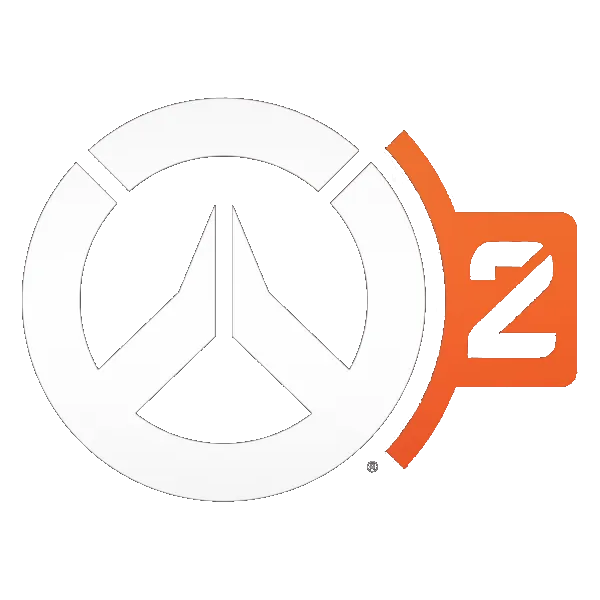
Is gaming in trouble? If you're an enjoyer of so-called Triple A titles and modern live service gaming, you might think so. That's why, unsurprisingly, more and more gamers are sticking to older, established games in 2024, from Fortnite and League of Legends to Counter-Strike and GTA 5.
So, why do modern games tend to suck, and how did the likes of BG3 and Helldivers 2 succeed at breaking through where so many other new titles failed to utterly? Here's my take.
Monetization in Modern Games
It's awful. What began as the occasional cosmetic item, like the first ever store mount added to World of Warcraft in 2010, has spiraled into a sickening slurry of monetization schemes that, just a short decade ago, would've made most self-respecting gamers balk.
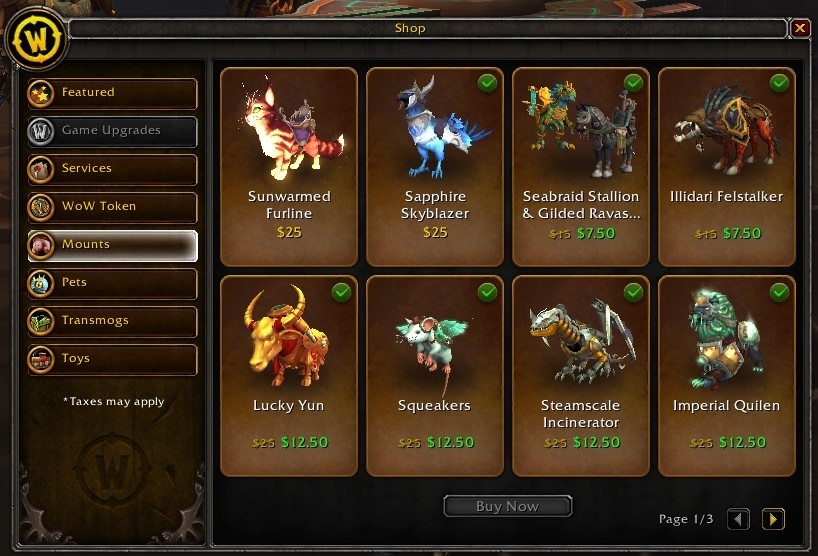
Advertisement
Day 1 DLCs Are Disgusting
How this practice became acceptable in gaming is a testament to the frog having been well and truly boiled. Imagine having purchased a pizza. However, when the pizza arrives at your door, you flip open the box to see two slices are missing. Your delivery guy then informs you that you need not worry; for a small (or not so small) additional fee, he'll go fetch your two missing slices.
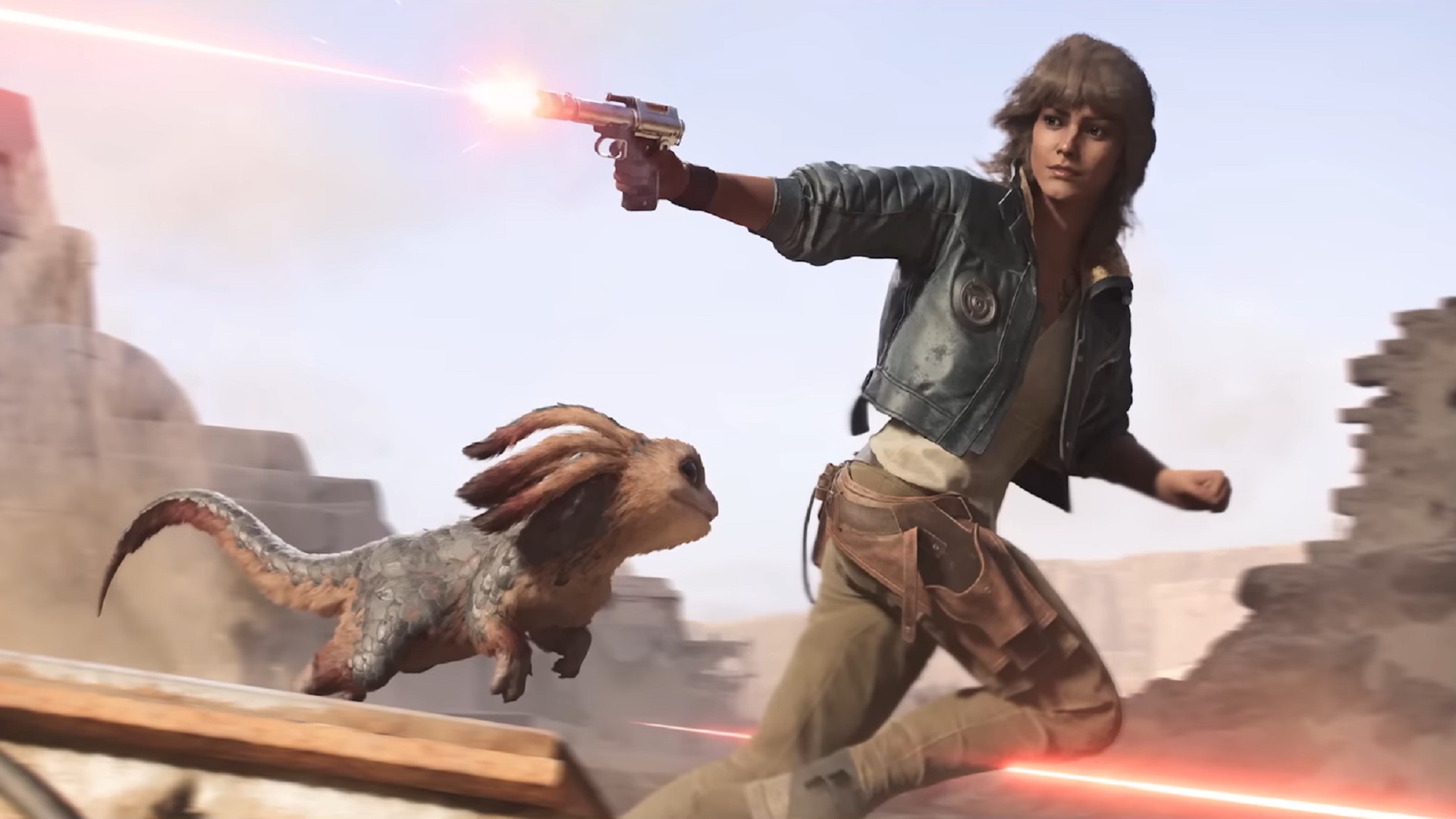
The entire notion of a DLC is a means by which developers can provide extra content to a game after a successful launch, content that couldn't make the original final cut due to deadline and resource constraints.
Day 1 DLCs are not DLCs. The content was done. The pizza was baked. They took away a couple of slices from the whole completely arbitrarily, and now they're holding them ransom and calling it a DLC.
Advertisement
Early Access FOMO is a Disease
This one is a pet peeve of mine, but any multiplayer game that launches with, say, 3 days of early access if you pay a premium has immediately outed itself as a joke. It is soft pay-to-win at best and psychologically primes buyers for further FOMO monetization schemes in the future.
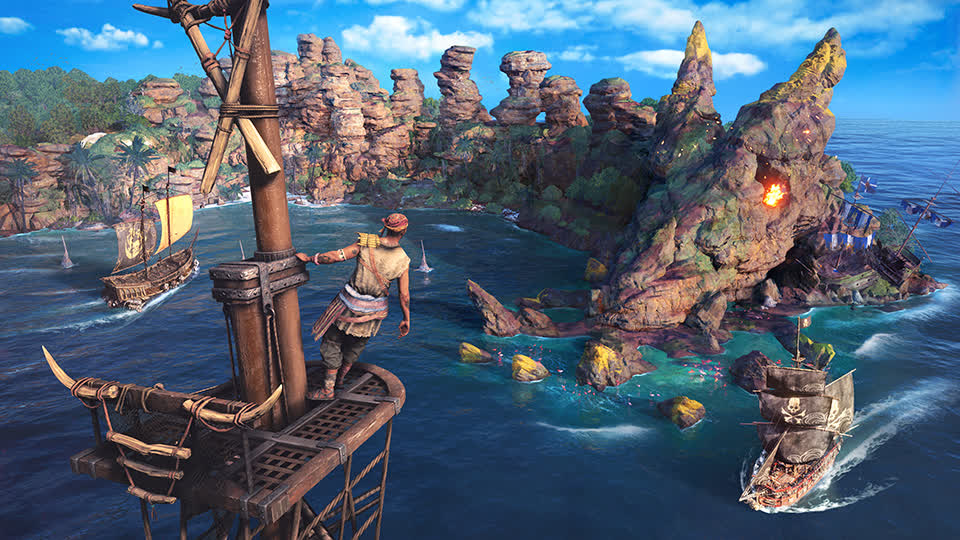
Note: I'm strictly talking about early access to a finished product here, not the likes of Steam early access in which the game is still very clearly in the development and testing phase of production.
Married to the dodgy monetization practices covered above are a whole host of related gremlins. We're talking pre-rendered gameplay trailers that are, practically speaking, fake, such as that of the disaster that was 'The Day Before,' games that are deliberately overpriced to bait you into signing up for various game pass subscriptions, and even titles that, since release, have been buried under mountains of DLC content such as Total War: Warhammer 3 (with 23 DLC packages and counting, totaling about $240 were you to get them all).
Advertisement
Modern Games Have No Soul
There are exceptions to the rule. However, I'd proffer that most games aren't made anymore; they are remade, copying the successes of the past paint-by-numbers style in a desperate bid to cash in on trends. The result? The slow death of entire genres. Every MMORPG after World of Warcraft has been a miserable, sniveling younger cousin to its predecessor, with the arguable exception of Final Fantasy XIV which we'll get to later.
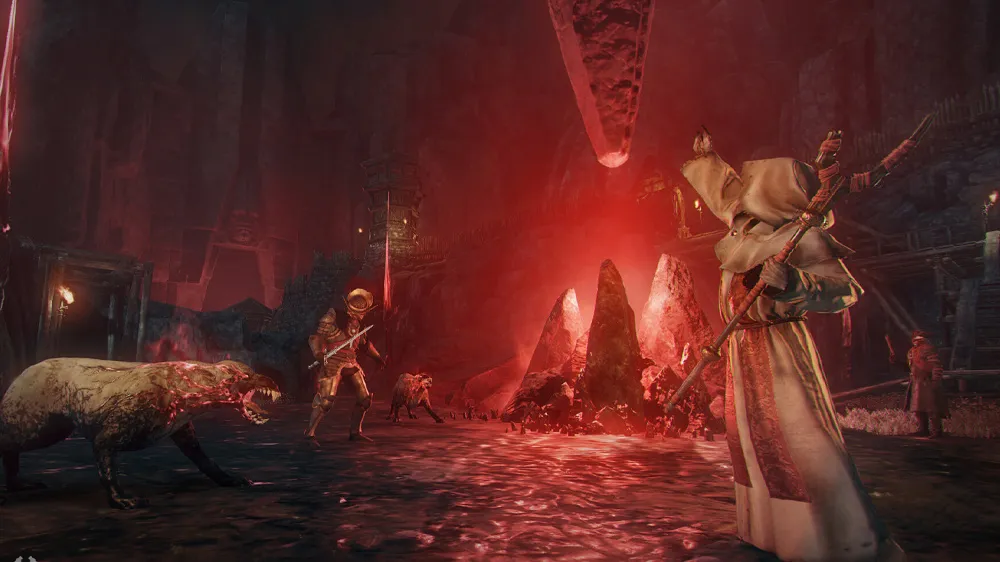
In short, far too many modern games have no soul. They are wax statues of their betters. While a successful game has a vision - it knows what it wants to be and the fantasy it's trying to capture - many modern games treat their titles as a commodity first and a video game second (sometimes third). 'Gamers like this game, so let's make that,' does not and will never produce a breakthrough video game.
Advertisement
Why Older Video Games Are Better
Not all older games are better.
Once heralded as the undisputed king of the strategy genre with their Total War series, Creative Assembly have, in my opinion, obliterated their own reputation almost irreparably. The fall in public opinion was as steady as it was steep. After many years of, debatably, re-skinning games to be sold again as entirely new standalone titles, then outright removing innovative new features from future games such as naval combat, the writing was on the wall for most players.

Today, the Total War series is an entirely different beast from the historical strategy classic that made the franchise popular in the first place. Warhammer is the name of the game, and in Total War: Warhammer, a lone hero unit known as a Lord can single-handedly devastate entire armies. Gone are the days of Total War's reign as king of strategy. To many players, it's now little more than an engine to stroke one's own power fantasies with the paintwork of a once-great real-time battle simulator.
Thankfully, not all new games fall into the trap of diluting their content in the hopes of attaining the ever-elusive 'wider audience.' There's a reason we've seen over 200 Mario games in the past 35 years. People keep buying them. And that's because Nintendo found a formula that people loved, and they stuck to it.

Mario isn't the only one to continue to pop off in 2024.
We're talking Call of Duty, Counter-Strike 2, League of Legends, Path of Exile, Fortnite, Fifa, Dota 2, GTA, Street Fighter, and many more. All of these games found a winning formula many long years ago and stuck to it. They never lost sight of what they are and so never betrayed the fans that made them.
Advertisement
What Makes a Successful New Video Game?
Games that breakthrough in the modern day are those that hit these markers:
- They respect their players' time and money
- They have a vision of what they want to be
- They get inspired by other games; they don't try to be them
Baldur's Gate 3, Helldivers 2, and Vampire Survivors: three extremely different games in scale, tone, and industry clout. They all broke through with thunderous success because they knew exactly what they wanted to be. BG3 wasn't trying to be Dark Souls; its only comparable competition was Divinity: Original Sin, a former title of Larian themselves. Helldivers 2 wasn't trying to be CoD or Fortnite, and Vampire Survivors practically revived what most thought to be a dead genre of arcade. All of these games respect your wallet
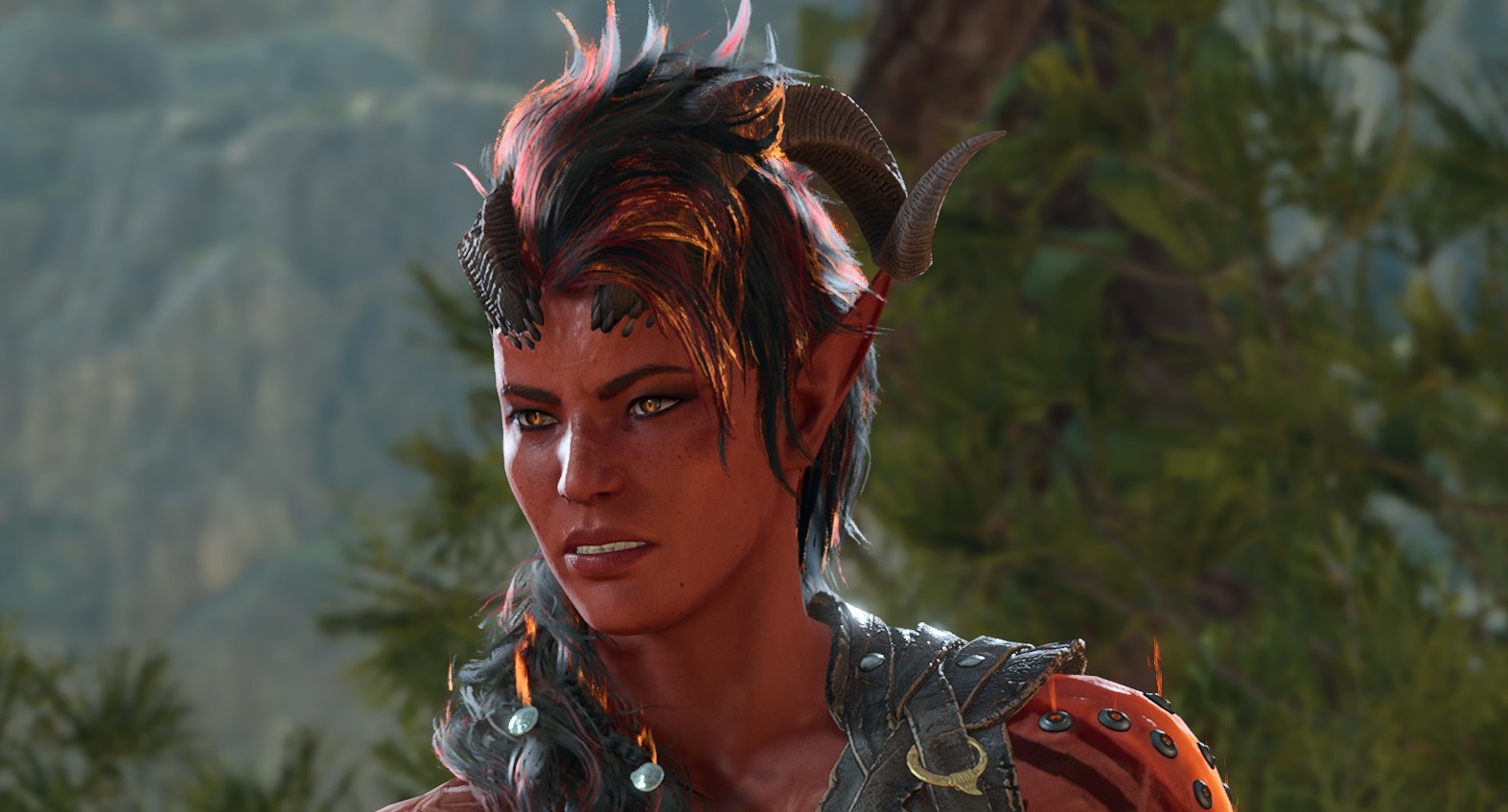
To touch on the MMORPG genre once more, it's worth noting that FFXIV was able to succeed alongside World of Warcraft, again, because it wasn't trying to be WoW (unlike the dozens of failed WoW clones of the past 15 years).
FFXIV is a narrative-focused MMO. The story is a huge deal to most players, the player housing systems are extremely impressive, and an added focus on adjusting the appearance and fashion choices of your character attracts a very different audience to that of Warcraft. Once more, FFXIV developed a vision of what it wanted to become and found its niche.
Advertisement
It is possible to break through when developers put the art first.
Indie games are a shining light in 2024. The massive success of Hades, Stardew Valley, and even Palworld (till it ran out of gas) suggests that the future of gaming is far brighter than many might think, as long as you know where to look.

Personally speaking, my wife and I, in our hunt for co-op strategy games we can play together, discovered a little game called Kingdom's Reborn. It's a city builder similar to the likes of Banished, except you each build your settlements entirely independently of one another. It has survival and roguelite elements. Kingdom's Reborn, at present, is a tiny project with a total of 7,000 Steam reviews total. And it's fantastic for an early access title.
This article was all but one man's opinion. But me? I'll be keeping it indie for the foreseeable future, where funding is so tight that the only developers crazy enough to make games are those who love it too much to stop.
Advertisement








